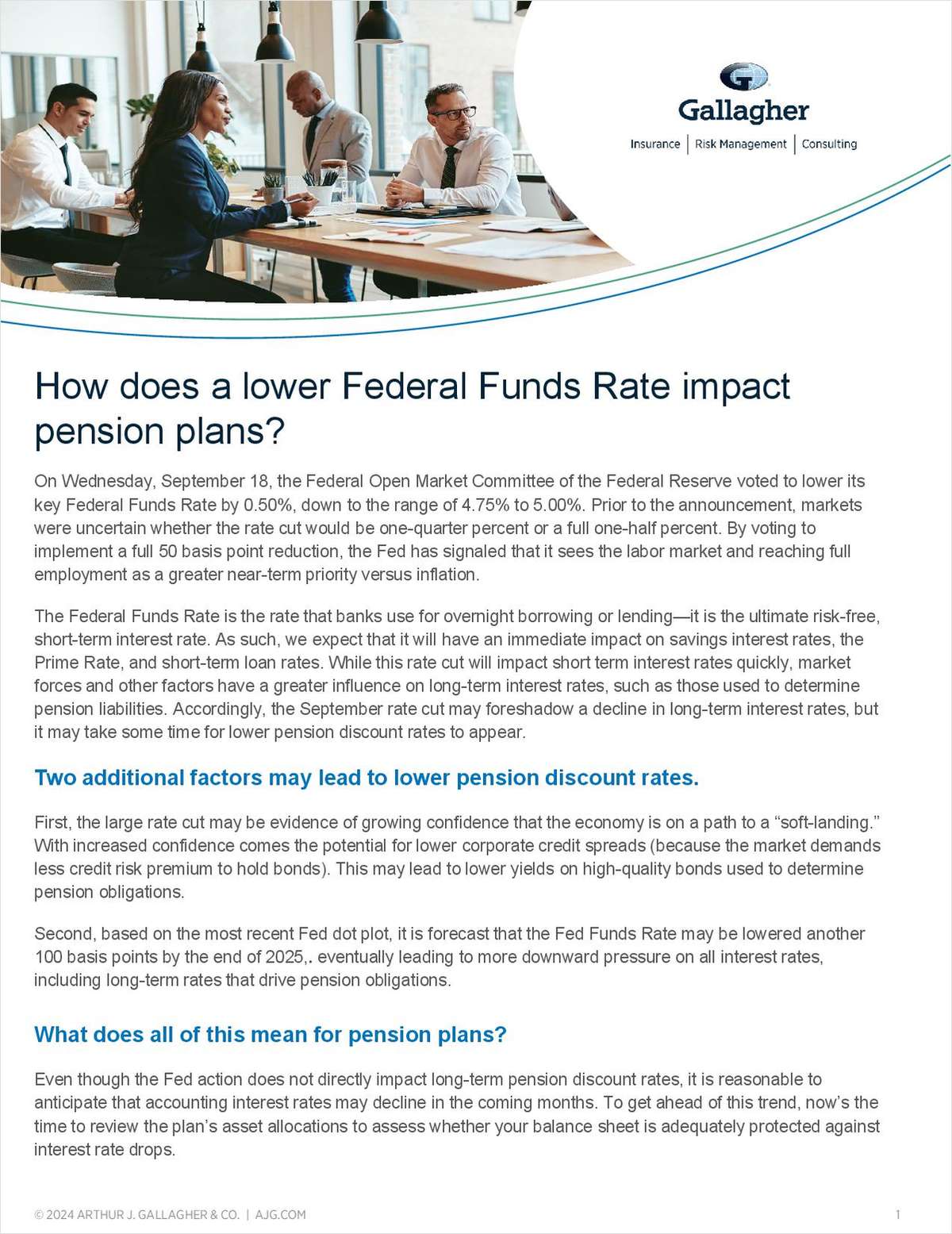Most wellness plan incentives — except for that old standard, smoking cessation — won't count towards the IRS's determination of whether an employee has been offered "affordable coverage" as defined by the Patient Protection and Affordable Care Act.
The agency's stance – the final iteration of preliminary regulations generated in response to Obamacare – puts the IRS squarely at odds with wellness plan advocates.
The IRS is charged with calculating whether an employee can reasonably afford the health plan offered at work. An "unaffordable" premium is defined under the law as greater than 8 percent of household income. One factor that the IRS was willing to consider in its affordability equation was whether an employee received an incentive, in the form of a premium deduction or "bonus," for taking advantage of a tobacco cessation program. That amount would be subtracted from the company plan premium in determining affordability. In other words, it would help more employees qualify for the company plan and avoid the penalty.
Complete your profile to continue reading and get FREE access to BenefitsPRO, part of your ALM digital membership.
Your access to unlimited BenefitsPRO content isn’t changing.
Once you are an ALM digital member, you’ll receive:
- Breaking benefits news and analysis, on-site and via our newsletters and custom alerts
- Educational webcasts, white papers, and ebooks from industry thought leaders
- Critical converage of the property casualty insurance and financial advisory markets on our other ALM sites, PropertyCasualty360 and ThinkAdvisor
Already have an account? Sign In Now
© 2024 ALM Global, LLC, All Rights Reserved. Request academic re-use from www.copyright.com. All other uses, submit a request to [email protected]. For more information visit Asset & Logo Licensing.








